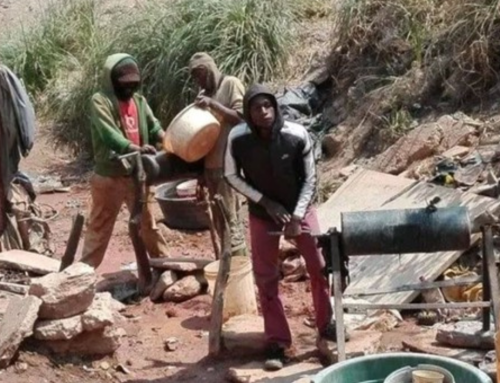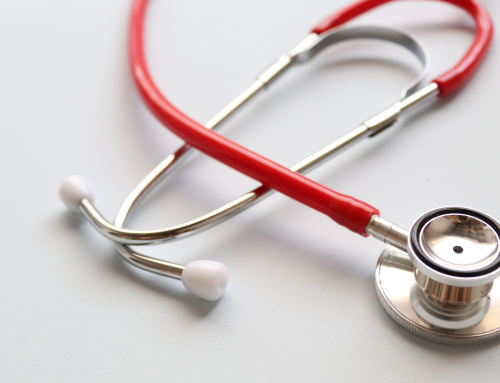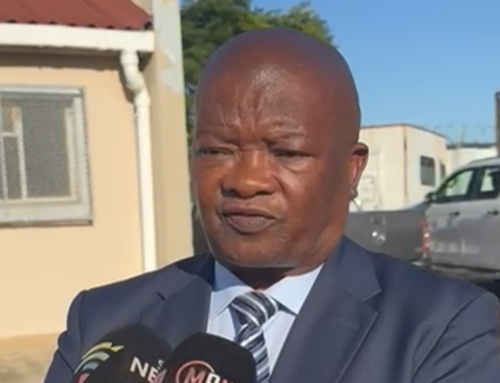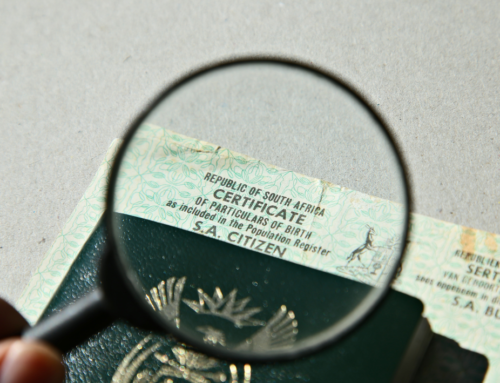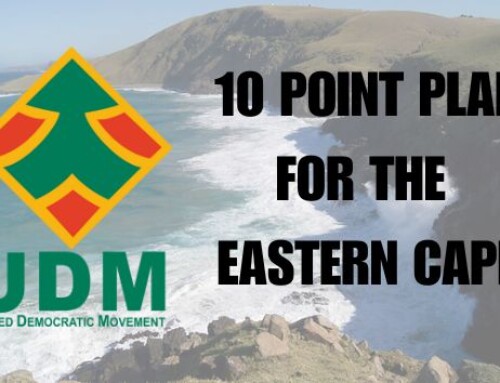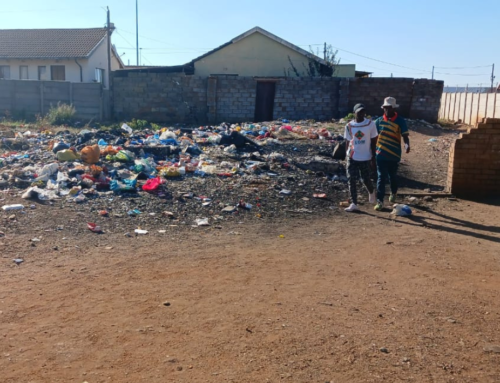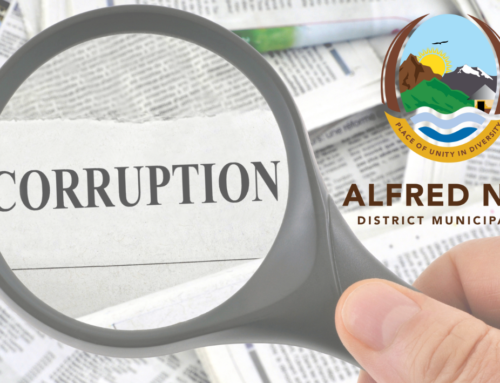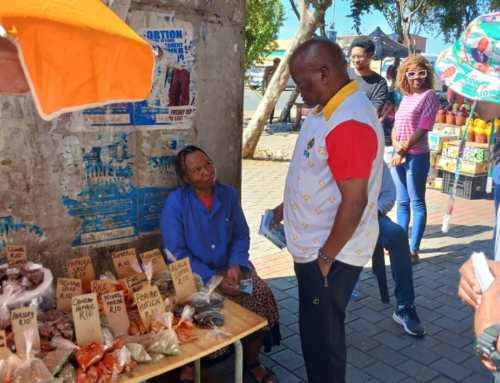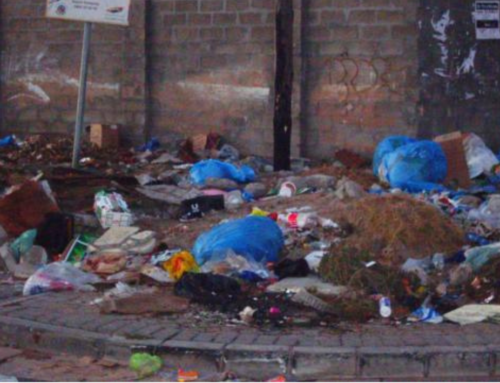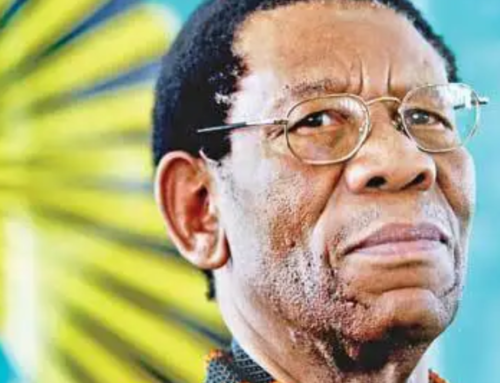 Oral submission on behalf of the United Democratic Movement by Mr Bantu Holomisa, MP and UDM President at the
Oral submission on behalf of the United Democratic Movement by Mr Bantu Holomisa, MP and UDM President at the
Inquiry into Ensuring Free and Fair Local Government Elections During COVID-19
virtual presentation to Election House, 1303 Heuwel Avenue, Centurion on 2 July 2021, 09:00 – 09:30
Check against delivery
• Justice Moseneke and your team members
• Electoral Commissioners
• Officials of the Independent Electoral Commission
I would like to introduce you, Justice Moseneke, to my colleagues, who are linked to this session via Zoom:
• Mr Nqabayomzi Kwankwa, the UDM’s Deputy President,
• Mr Bongani Msomi, our Secretary General,
• Mr Bongani Maqungwana, our Deputy Secretary General, and
• Ms Thandi Nontenja, the Party’s National Treasurer.
1. Introduction
Thank you for allowing us the opportunity to share the United Democratic Movement’s (UDM) views on the critical matter, which is whether free and fair elections would in fact be possible amidst the Covid-19 pandemic.
I do not intend to address the legalities of what it would entail to postpone the Local Government Elections of 2021, we all know what those are.
The point is, it is possible to do so, even if it is not easy, and there are good reasons for that. We must therefore not take this decision lightly.
The question at hand is, would it be wise to hold elections at a time where South Africa and her people are in the struggle of their lives with the deadly Coronavirus.
2. The impact of Covid-19
I also do not want to rattle off figures to prove the point that the Coronavirus is exactly that, deadly. We all monitor the statistics daily.
We all saw the devastation that the second wave sowed at the end of last year, and here we are in Wave 3. The vaccine programme is not up to speed, and things are looking grim.
Notwithstanding the peak in the crisis, Covid-19 has radically changed every aspect of our lives and if you think it has not, you are living in a Fool’s Paradise.
Covid does not always kill, it destroys in other ways. Every person who is sick, cannot go to work. Some lose income or even their jobs. The massive effort it takes to take care of Covid patients at home, drains families of time, money, and other resources.
3. Political parties are part of “free and fair” elections, not only the IEC
With respect, free and fair elections in 2021 are not only dependent on whether the Independent Electoral Commission (IEC) believes that they are ready to cope with the challenges of Covid-19 in their activities.
Like political parties, the IEC, is but one of the cogs in the wheel of democracy in South Africa.
Political parties understand the mechanics of election campaigns and we must be able to do our work, in order for elections to be a success.
For instance, political parties hold public gatherings, make door-to-door calls, and hand out election material. All these activities are quite literally dangerous to the lives of our campaign-workers and our voters, and risks the exponential spread of Covid-19.
To illustrate this, I was recently told a story of a by-election in Tshwane, where campaign workers of a particular party were handing out flyers to drivers at a robot in a suburb called Faerie Glen.
The person who told me the story, said she took a flyer from the person handing them out, because she was curious about that party’s campaign strategy.
It was only after she instinctively had taken the piece of paper through the car-window, that she realised the risk she had taken, but by then the damage had already been done.
Ladies and gentlemen, the Third Wave will probably have far-reaching consequences. Yet, some South Africans might have what we call Covid-fatigue, and are acting reckless, but others are scared beyond belief.
Voters will have to be convinced to risk the threat of infection to go and vote. We must consider the possible impact on the result, and democracy, if the turnout is low and what that would mean for free and fair elections.
The conundrum however is this, if voter turn-out is good, election day might turn out to be the mother of super-spreader events, especially in the metros.
For the UDM, this is the single-most worrying factor.
President Ramaphosa has said, on more than one occasion, that, “the disease moves when we move” and holding elections during this pandemic is exactly an opportunity for Covid-19 to spread like wildfire.
There are furthermore some practical matters where we foresee some issues.
A simple thing such as social distancing at voting stations and the length of the queues might be problematic, especially in the metros where they use streaming.
Space inside voting stations is a perennial issue, which will only be exacerbated by the need for social distancing. The same goes for counting venues.
We know that one of the best ways to alleviate the chance of spreading Covid is to ventilate venues, this is not always possible at some of the voting stations – quite the contrary.
As I have already mentioned, political parties will not be able to move and campaign as they customarily do, nor will they be allowed to due to regulations depending on which lockdown level we are at any given point in time.
Furthermore, South Africa is far behind in terms of technology, and it is still relatively expensive, therefore calling for campaigns to be conducted through technology platforms is disingenuous.
Also, technology-driven campaigns might work in the leafy suburbs and cities, but in the deep rural and poverty-stricken areas, the use of technology is not realistic at all.
4. Closing
Justice Moseneke, the UDM is of the view that the risks of holding elections in October outweigh the benefit to our people.
We understand the implications of this unprecedented request, but these are unprecedented times, which necessitates us to act accordingly.
The Third Wave is a wake-up call for us to take Covid seriously and we therefore cannot honestly say that our democracy will not suffer if we go ahead with Local Government Elections this year.
Question by Justice Moseneke:
In response to Justice Moseneke’s question whether, should elections now be postponed due to the current high risks and the third wave, and should a fourth wave hit at the time of the postponed elections, and it again necessitates a similar decision, what are the UDM’s views on this possible scenario.
I responded by saying that government should speed up the vaccination process, so that the desired herd immunity can be reached. There are several countries, where this herd immunity has already been achieved due to the success of their vaccination programmes. Activities are returning to “normal”, for example in Europe the big sport events are back on track (with spectators in the stands), and many countries are on the path to recouping the losses to their economies.



